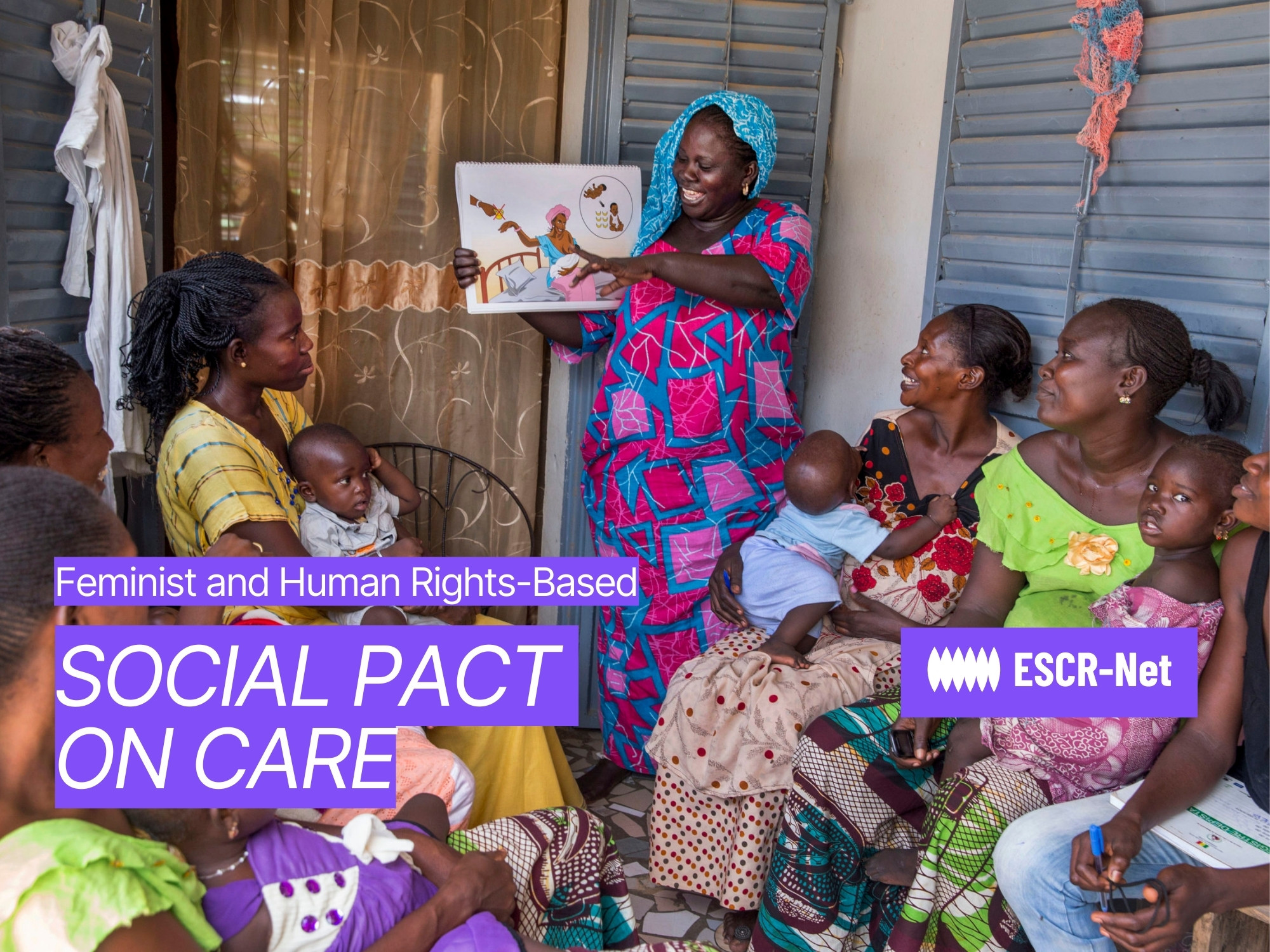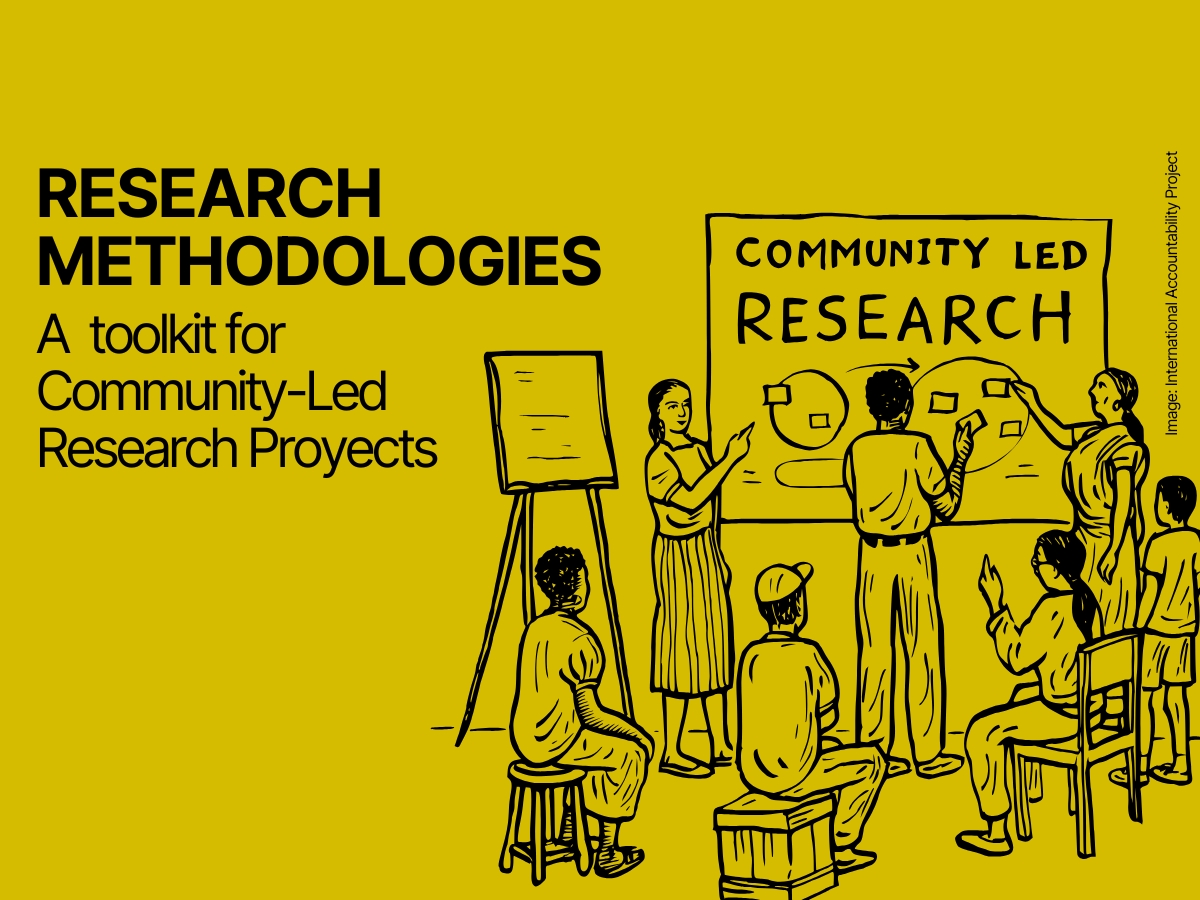Around the world, women and girls perform nearly three-quarters of all unpaid care work, and two-thirds of paid care workers are women. From cooking and cleaning, to caring for children, elders, or the sick, this essential labor sustains families, communities, and entire economies. Yet, it remains undervalued, invisible, and deeply unequal.
The global care crisis—made even more evident during COVID-19—has shown how governments prioritize corporations and privileged sectors while neglecting those who provide and depend on care. This inequality is rooted in a social pact women never agreed to, one that naturalizes care as “women’s work” and reinforces structural discrimination, exploitation, and the feminization of poverty.
It is time to change that.
Why Care Is a Human Rights Issue
Care is not only a personal or family responsibility—it is a fundamental human right. Everyone has the right to receive care, to provide care in dignified conditions, and to care for themselves. But patriarchal stereotypes and neoliberal economic models have devalued and invisibilized this work, limiting women’s opportunities and excluding them from decision-making spaces.
Recognizing care as a human rights issue means transforming the structures that sustain inequality, ensuring justice for care workers (paid and unpaid), and creating conditions for communities to thrive.
The 6Rs of the New Social Pact on Care
To build a feminist future, ESCR-Net and its members from across 76 countries propose six key principles—the 6Rs:
- Recognition – Make care visible, measurable, and respected as a universal right.
- Representation – Ensure care workers and communities have a voice in shaping policies.
- Redistribution – Share care responsibilities between women and men, families and the state, and across society.
- Reduction – Create policies that reduce the burden of unpaid care through public investment in quality services.
- Rights – Guarantee labor rights, social protection, and access to justice for all care workers.
- Reframing the Economy – Shift away from profit-driven growth toward economies centered on care, well-being, and the sustainability of life.
Toward a More Just Future
Transforming how we understand and organize care is not only about gender equality—it is about reshaping our economies and societies to value life over profit. A new social pact on care is urgent to dismantle systemic inequalities and to build a regenerative, rights-based future for all.


